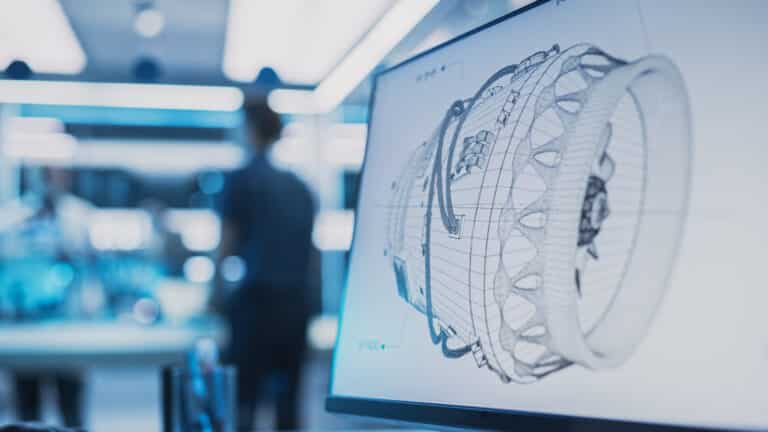Necessary cookies help make a website usable by enabling basic functions like page navigation and access to secure areas of the website. The website cannot function properly without these cookies.
| Name |
Domain |
Purpose |
Expiry |
Type |
|
wpl_user_preference |
vendigital.com |
WP GDPR Cookie Consent Preferences |
1 year |
HTTP |
|
wpl_viewed_cookie |
vendigital.com |
This cookie stores information about your cookie consent state. |
1 year |
HTTP |
Marketing cookies are used to track visitors across websites. The intention is to display ads that are relevant and engaging for the individual user and thereby more valuable for publishers and third party advertisers.
| Name |
Domain |
Purpose |
Expiry |
Type |
|
_gcl_au |
vendigital.com |
Used by Google AdSense for experimenting with advertisement efficiency across websites using their services. |
3 months |
--- |
|
__hstc |
vendigital.com |
Hubspot marketing platform cookie. |
6 months |
HTTP |
|
__hssrc |
vendigital.com |
Hubspot marketing platform cookie. |
52 years |
HTTP |
|
__hssc |
vendigital.com |
Hubspot marketing platform cookie. |
Session |
HTTP |
|
_obid |
vendigital.com |
This cookie is set when a user lands on the site, containing a unique ID relating to the email that was clicked on. |
365 days |
HTTP |
|
_obid_visit |
vendigital.com |
This is used to identify a site session across multiple pages. |
Session |
HTTP |
Analytics cookies help website owners to understand how visitors interact with websites by collecting and reporting information anonymously.
| Name |
Domain |
Purpose |
Expiry |
Type |
|
_ga |
vendigital.com |
Google Universal Analytics long-time unique user tracking identifier. |
2 years |
HTTP |
|
_gid |
vendigital.com |
Google Universal Analytics short-time unique user tracking identifier. |
1 days |
HTTP |
|
_gat_gtag_UA_29623111_7 |
vendigital.com |
Used to analyse visitor browsing habits, flow, source and other information. |
Session |
--- |
|
IDE |
doubleclick.net |
Google advertising cookie used for user tracking and ad targeting purposes. |
2 years |
HTTP |
|
mp_a36067b00a263cce0299cfd960e26ecf_mixpanel |
vendigital.com |
Allow us to analyse how users use our site |
1 year |
HTTP |
|
_gcl_aw |
vendigital.com |
--- |
90 days |
HTTP |
Preference cookies enable a website to remember information that changes the way the website behaves or looks, like your preferred language or the region that you are in.
| Name |
Domain |
Purpose |
Expiry |
Type |
|
hubspotutk |
vendigital.com |
HubSpot functional cookie. |
6 months |
HTTP |
Unclassified cookies are cookies that we are in the process of classifying, together with the providers of individual cookies.
| Name |
Domain |
Purpose |
Expiry |
Type |
|
_GRECAPTCHA |
www.google.com |
Helps protect our clients and our systems from cyber spam and abuse. The information collected in connection with your use of the service will be used for improving reCAPTCHA and for general security purposes. It will not be used for personalised advertising by Google. |
6 months |
--- |
|
ppwp_wp_session |
vendigital.com |
--- |
Session |
--- |
|
test_cookie |
doubleclick.net |
A generic test cookie set by a wide range of web platforms. |
Session |
HTTP |
|
pnctest |
vendigital.com |
This is set by a third party library of Pubnub to test if cookies are supported by the browser. |
2 years |
HTTP |
|
traincalc |
vendigital.com |
Supports the UK Train Profitability Calculator advanced functionality |
3 months |
HTTP |
|
rs6_overview_pagination |
vendigital.com |
Cookie is set by Slider Revolution, tracks downtime and other browser related issues. |
Session |
HTTP |





